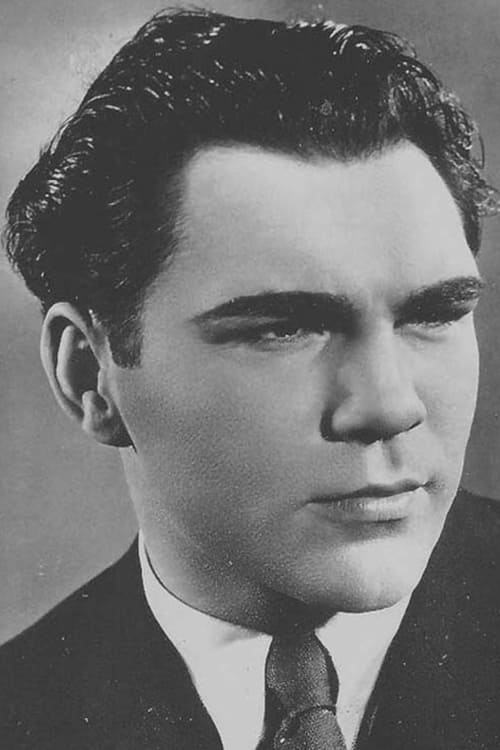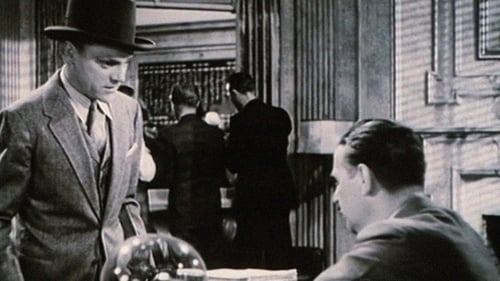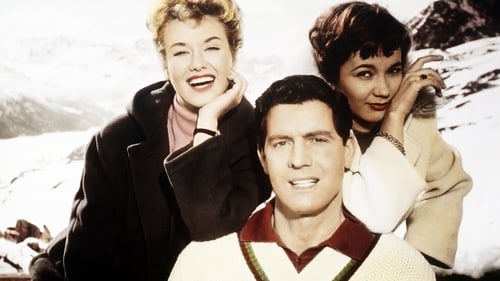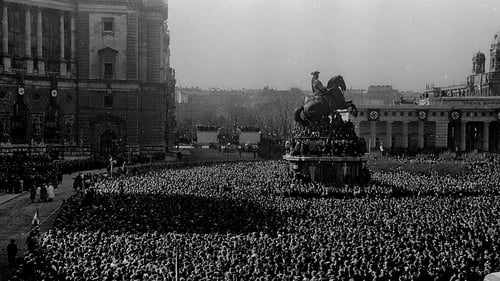Max Schmeling
출생 : 1905-09-28, Klein Luckow, Germany
사망 : 2005-02-02
약력
Maximilian Adolph Otto Siegfried Schmeling (28 September 1905 – 2 February 2005) was a German boxer who was heavyweight champion of the world between 1930 and 1932. His two fights with Joe Louis in 1936 and 1938 were worldwide cultural events because of their national associations. Schmeling is the only boxer to win the world heavyweight championship on a foul.
Starting his professional career in 1924, Schmeling went to the United States in 1928 and, after a ninth-round technical knockout of Johnny Risko, became a sensation. He became the first to win the heavyweight championship (at that time vacant) by disqualification in 1930, after opponent Jack Sharkey knocked him down with a low blow in the fourth round. Schmeling retained his crown successfully in 1931 by a technical knockout victory over Young Stribling. A rematch in 1932 with Sharkey saw the American gaining the title from Schmeling by a controversial fifteen-round split decision. In 1933, Schmeling lost to Max Baer by a tenth-round technical knockout. The loss left people believing that Schmeling was past his prime. Meanwhile, Adolf Hitler and the Nazi Party took over control in Germany, and Schmeling, although he never joined the NSDAP, came to be viewed as a Nazi puppet. The same year, he married Czech film actress Anny Ondra.
In 1936, in their first fight Schmeling knocked out American rising star Joe Louis, placing him as the number one contender for Jim Braddock's title, but Louis got the fight and knocked Braddock out to win the championship in 1937. Schmeling finally got a chance to regain his title in 1938 in the rematch, but Louis won by technical knockout in the first round. During World War II, Schmeling served with the German Air Force (Luftwaffe) as an elite paratrooper (Fallschirmjäger). After the war, Schmeling mounted a comeback, but retired permanently in 1948. After retiring from boxing, Schmeling worked for The Coca-Cola Company. Schmeling became friends with Louis, and their friendship lasted until the latter's death in 1981. Schmeling died in 2005 aged 99, a sporting hero in his native Germany. Long after the Second World War, it was revealed that Schmeling had risked his life to save the lives of two Jewish children in 1938. At the age of 99, Schmeling was the longest living heavyweight boxing champion in history.
In 2003, Schmeling was ranked 55 on The Ring magazine's list of 100 greatest punchers of all time.
Description above from the Wikipedia article Anny Ondra, licensed under CC-BY-SA, full list of contributors on Wikipedia.




